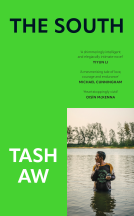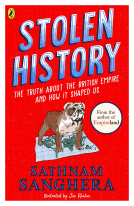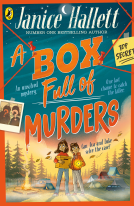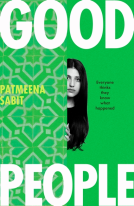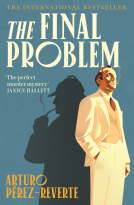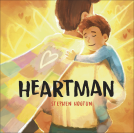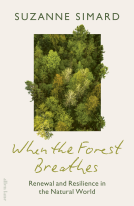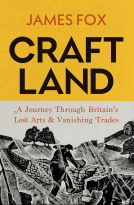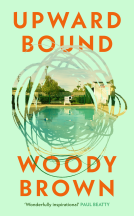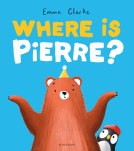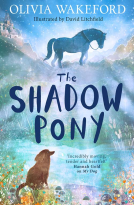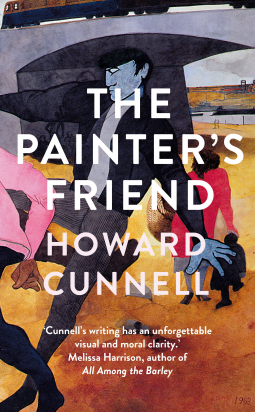
The Painter's Friend
by Howard Cunnell
This title was previously available on NetGalley and is now archived.
Send NetGalley books directly to your Kindle or Kindle app
1
To read on a Kindle or Kindle app, please add kindle@netgalley.com as an approved email address to receive files in your Amazon account. Click here for step-by-step instructions.
2
Also find your Kindle email address within your Amazon account, and enter it here.
Pub Date 8 Jul 2021 | Archive Date 22 Jul 2021
Pan Macmillan | Picador
Talking about this book? Use #ThePaintersFriend #NetGalley. More hashtag tips!
Description
‘One of the books of the year. Cunnell’s style is matchless: intimate, dark, sincere, wry and exquisitely beautiful’ – Irish Times
‘A cracking, urgent page-turner of a novel’ – Observer
The painter Terry Godden was on the brink of his first success. After a violent crisis, he finds himself outcast.
In his fifties, and with little money, he retreats to a small island. Arriving in the winter, the island at first seems a desolate and forgotten place. As the seasons turn, Terry begins to see the island’s beauty, and discovers that he is only one of many people who have sought refuge here. These independent outsiders, all with their own considerable struggles, have made a precarious home.
The island is owned by the business man and art collector Alex Kaplan. His decision to enforce a rent increase as he seeks to improve his property looks set to destroy this community that cannot afford to lose the little they have left. As an artist, Terry believes making the invisible struggles of the island visible to the world will help – but will his interference save anybody other than himself?
The Painter’s Friend shows the human cost of gentrification for those dispossessed. The novel also explores the role of art in protest, and asks who gets to be an artist and what they owe in return. Written with visual lyricism and driven clarity, Howard Cunnell’s incendiary story about class and resistance builds to an unforgettable climax. It is an urgent novel for our unjust times.
‘I loved it. Cunnell’s writing has an unforgettable visual and moral clarity’ – Melissa Harrison, author of All Among the Barley
Available Editions
| EDITION | Other Format |
| ISBN | 9781529030921 |
| PRICE | £16.99 (GBP) |
| PAGES | 288 |
Average rating from 5 members
Featured Reviews
It’s notable (or perhaps it isn’t) that with this and Rose Ruane’s This is Yesterday, we’ve now seen a couple of novels that are at least tangentially involved with the venality of the British art world. Both Ruane’s Peach and Cunnell’s Terry Godden have been exploited (admittedly in different ways) by the art world and both novels have some fascinating things to say about the role of art in society and, in particular, how those from a working class background are only given limited and highly conditional access to this world.
Cunnell’s novel is a lot more visceral and direct in its anger than Ruane’s and at points reminded me a little of Hubert Selby Jr in its levels of compassion and moral certitude. It also disconcerted me initially because for some reason I was expecting a gentler, more indulgent, read and in many ways The Painter’s Friend is a brilliant dismantling of the (largely middle class) trope of the artist in retreat to ‘find’ or ‘recentre’ themselves. This is not a luxury that Terry, nor any of his companions, are ever likely to be afforded.
The inhabitants of the island to which Terry retreats after being cheated by art dealer Evelyn Crow are society’s outsiders, the forgotten, the rejected. Their lives are hard and they are precarious and there is little that is romantic or sentimental about them. And yet, they have formed a diffident community of sorts, held together not only by their common need for survival but of the role of various forms of creativity and art in their lives.
At its heart, this is a novel about the destructive forces of gentrification and yet it is often an oddly beautiful and even poetic one. In many ways, it’s reminiscent of Fiona Mozley’s Elmet and possesses the same sense of elemental wonder at the natural world and humanity’s place in it, especially when compared to the morally impoverishing demands of late capitalism. It might perhaps be too early (or too idealistic) to hope that both novels represent a new sense of communal anger and resistance in a UK literary scene that’s been too long dominated by a solipsistic sense of individuality and narcissism.
But like Elmet, the novel contains an inexorable sense of dread in the unfolding of its narrative. From fairly early on, it’s clear that there is going to be no happy ending for Terry and his friends and Cunnell seems to share Mozley’s sense of bleak nihilism. Nevertheless, this is a vital and haunting read and one that can’t come too highly recommended.
Readers who liked this book also liked:
Pirkko Saisio
Biographies & Memoirs, General Fiction (Adult), Literary Fiction
